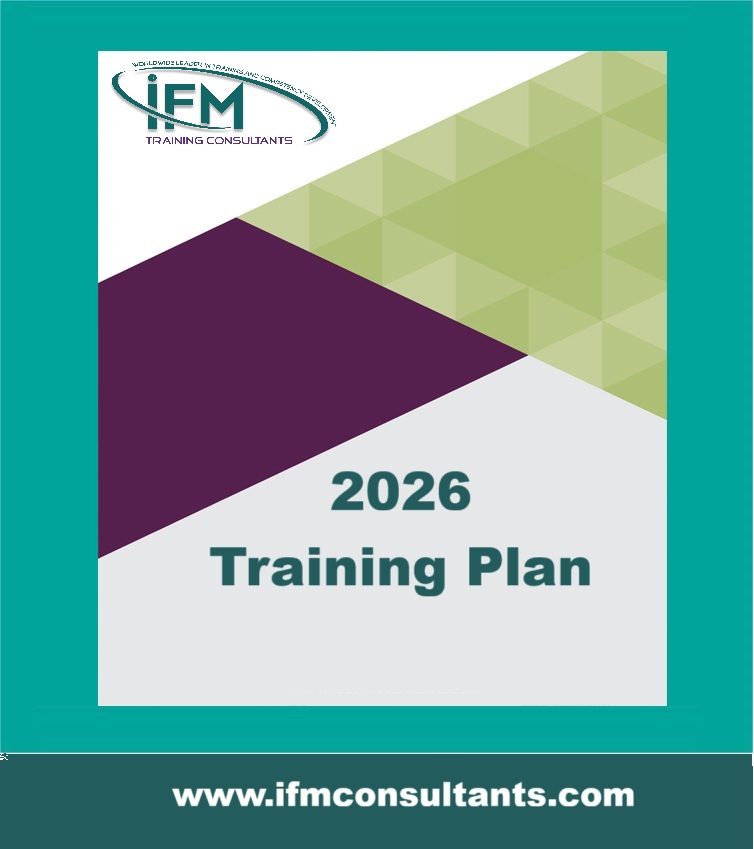Chemical Engineering for Non Chemical Engineers
| Start Date | End Date | Venue | Fees (US $) | ||
|---|---|---|---|---|---|
| Chemical Engineering for Non Chemical Engineers | 23 Nov 2025 | 27 Nov 2025 | Riyadh, KSA | $ 3,900 | Register |

Chemical Engineering for Non Chemical Engineers
| Start Date | End Date | Venue | Fees (US $) | |
|---|---|---|---|---|
| Chemical Engineering for Non Chemical Engineers | 23 Nov 2025 | 27 Nov 2025 | Riyadh, KSA | $ 3,900 |
Introduction
The success of every company depends on each employee's understanding of the key business opponents. Employee training and development will unlock companies' profitability and reliability. When people, processes, and technology work together as a team developing practical solutions, companies can maximize profitability and assets in a sustainable manner.
Training and development is an investment in future success – give yourself and your employees the keys to success it is strategically important that your operations team understands the fundamentals of process unit operations concepts. This is the difference between being in the best quartile of operational ability and being in the last quartile.
There is a vast difference in the operational ability to operate companies and most benchmarking studies have confirmed this gap in operational abilities. Whether you have a team of new or seasoned employees, an introduction or review of these concepts is very beneficial in closing the gap if you are not in the best quartile, or maintaining a leadership position.
Most studies show that a continuous reinforcement of best practices in operational Principles is the most effective way to obtain the desired results. Training and learning should be an ongoing continuous lifelong goal.
Objectives
- To interpret flow sheets and process flow diagrams
- Develop and understand mass and energy balances in process design
- Learn about fluid flow, pumps and compressors, and mixing
- Discuss heat transfer equipment and their design, including heat exchangers
- Understand distillation and separations used in oil and gas processing
- Discuss waste treatment minimization and treatment
- Learn how to control processes
- Perform a basic economic analysis of a project
- Understand the safety and environmental responsibility of process engineering
This course will guide the participates to develop key concepts and techniques of chemical engineering. These key concepts can be utilized to make operating decisions that can improve your company’s performance.
Many aspects of chemical engineering management can be improved including, product recoveries, purities, and energy utilization, and safety. This cannot be achieved without first an understanding of the basic fundamental principles of chemical engineering.
These principles need to be understood in advance of operating and troubleshooting a process unit operation for the manager or problem solving to be effective.
This seminar focuses on the core building blocks of chemical engineering systems, equipment and economics. This seminar identifies the areas of chemical engineering that are most commonly encountered by the non-specialist with examples that will be drawn from a range of process industries including oil and gas processing, petrochemicals,chemical manufacturing.
In this seminar you will learn;
Training Methodology
This is an interactive course. There will be open question and answer sessions, regular group exercises and activities, videos, case studies, and presentations on best practice. Participants will have the opportunity to share with the facilitator and other participants on what works well and not so well for them, as well as work on issues from their own organizations. The online course is conducted online using MS-Teams/ClickMeeting.
Who Should Attend?
This program has been designed for non-technical professionals assigned to positions in petroleum refineries, corporate offices, suppliers, and other interrelated companies. The content of the program is based upon the assumption that those in attendance do not have formal education in engineering and chemistry and do not work in highly technical environments.
Attendance at this course will be beneficial to support personnel such as
- Environmental professionals,
- Accountants,
- Business managers,
- Administrative and legal staff,
- Sales and marketing personnel
- Insurance representatives,
- Personnel managers,
- Financial professionals,
- Government officials.
The program should be used for newly-hired refinery plant personnel and may serve as A prerequisite for those who do not have a technical background but who want to attend the more detailed processing program for technical professionals.
Ideal for veterans and those with only a few years of experience who want to review or broaden their understanding in Processing Plant Operations.
People who have technical or refinery background should consider attending our alternated program - Introduction to Petroleum Refining Processes and Economics Other professionals who desire a better understanding of subject matter
Course Outline
Introduction
- Overview of the Chemical Processing Industry
Review of Process Incidents
- Safety for the Processing Industry
Fundamentals of Chemistry
- Description of a Hydrocarbon Molecule
- Types of Hydrocarbon Molecules
- Definition and Function of a Catalyst
Introduction to Unit Operations Equipment
- Distillation
- Absorption
- Heat Exchange
- Reactors
- Pumps
- Compressors
- Furnaces
Introduction to Fluid Flow and Mixing
Introduction to Process Control and Instrumentation
Introduction to the Energy and Material Balance
Introduction to Thermodynamics and Equilibrium
Introduction to Reaction Engineering
Introduction to Separation and Mass Transfer Operations
- Distillation
- Adsorption
- Crystallization
- Filtration
- Membrane
Process Operations and Troubleshooting
Introduction to Unit Operations Economics

















